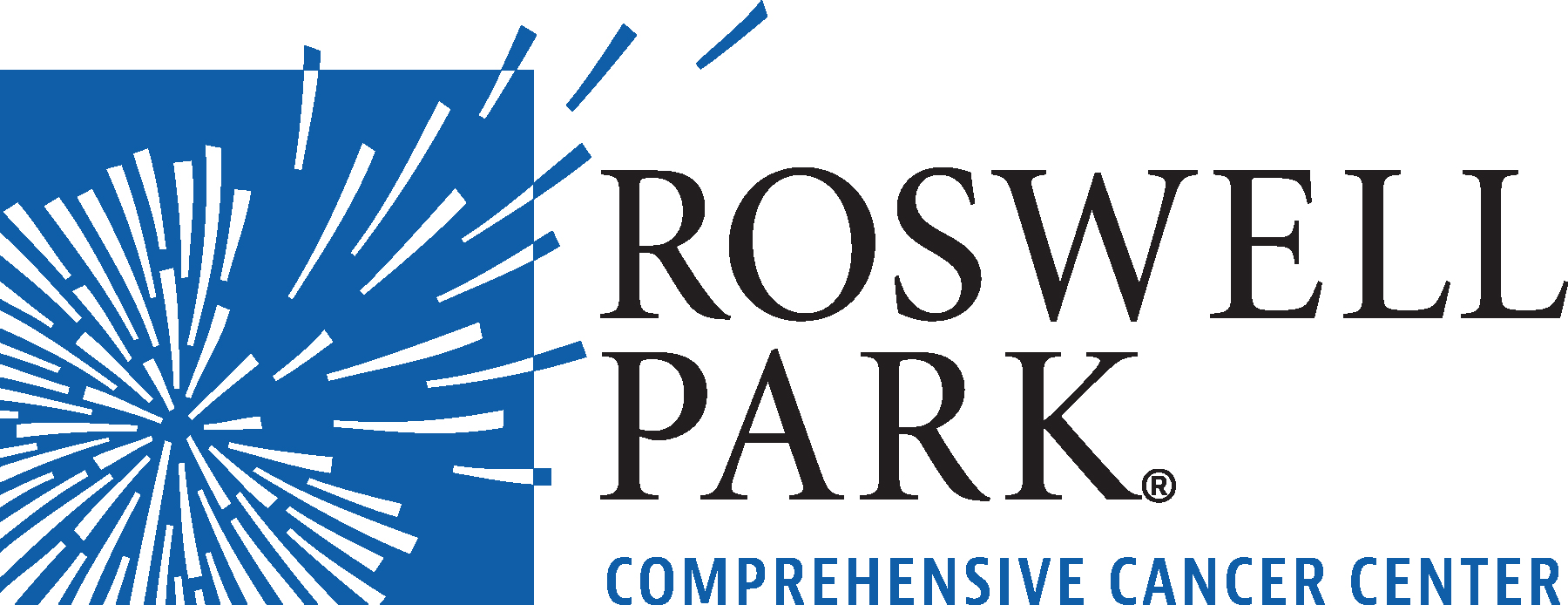- Study shows therapy can be reduced in some neuroblastoma patients
- Algorithm based on tumor biology, anticipated response to treatment
- For patients with localized tumors, 3-year overall survival was 100%
Newswise — BUFFALO, N.Y. — A recent Children’s Oncology Group (COG) study identified a treatment algorithm that can help reduce therapy for some neuroblastoma patients with intermediate-risk disease, while maintaining good clinical outcomes. The study’s findings are particularly significant because they suggest that many infants and young children with this disease may be spared unpleasant or lingering side effects of prolonged therapy, says lead researcher Clare Twist, MD, of Roswell Park Comprehensive Cancer Center.
The results of the study, which follows in the footsteps of previous risk-based clinical trials that led to substantial improvement for children with neuroblastoma, were published in the Journal of Clinical Oncology.
Neuroblastoma is the most common extra-cranial malignant solid tumor of childhood. It primarily affects infants and children up to age 5 but can occur in older children and young adults. The disease is classified as high-risk or non-high-risk based on the patient’s age at diagnosis, the extent of the disease and particular genetic features of the tumor cells. Treatment of high-risk neuroblastoma involves very intensive therapy, but for patients with non-high-risk neuroblastoma, recent clinical trials have shown that therapy can often be reduced due to the generally excellent prognoses for these patients.
The prospective phase III study (ClinicalTrials.gov identifier NCT00499616) enrolled 404 children in three groups across North America with intermediate-risk neuroblastoma. The researchers developed and then tested an algorithm based on tumor biology and anticipated response to treatment, and designed to reduce therapy for patients without compromising overall survival rates. They focused on patients whose disease was determined to have favorable clinical and biologic features.
“In order to identify subgroups of patients for whom reduction of therapy was felt to be safe, we tested patients’ tumors for specific genetic alterations sometimes present in neuroblastoma cells that predict which tumors are at increased risk to recur,” notes Dr. Twist, Professor of Oncology and Director of Pediatric Experimental Therapeutics in the Department of Pediatric Oncology at Roswell Park and first author on the new study. “We found that we could reduce therapy both through decreasing the total number of chemotherapy cycles administered or decreasing the extent of surgery needed, in some cases eliminating the need for surgical removal of the primary tumor.”
The study results showed a three-year overall survival (OS) rate of 94.9% among all patients. Among patients under age 1, those with favorable-biology stage 4 disease had a significantly superior event-free survival compared to infants with unfavorable stage 4 disease (87% versus 67%), but OS was not significantly different between these two groups (95% vs. 86.7%). Patients with localized disease had an OS rate of 100%.
Dr. Twist notes that continued research is needed to identify more effective treatment strategies for infants who have stage 4 neuroblastoma with unfavorable biology.
The study, “Maintaining Outstanding Outcomes Using Response- and Biology-Based Therapy for Intermediate-Risk Neuroblastoma: A Report From the Children’s Oncology Group Study ANBL0531,” is available at ASCOpubs.org. This work was supported in part by the National Cancer Institute (award nos. U10A180899 and U10CA180886) and the St. Baldrick’s Foundation.
###
For an online version of this release, please visit: https://www.roswellpark.org/media/news/algorithm-reduces-need-therapy-children-intermediate-risk-neuroblastoma
Roswell Park Comprehensive Cancer Center is a community united by the drive to eliminate cancer’s grip on humanity by unlocking its secrets through personalized approaches and unleashing the healing power of hope. Founded by Dr. Roswell Park in 1898, it is the only National Cancer Institute-designated comprehensive cancer center in Upstate New York. Learn more at www.roswellpark.org, or contact us at 1-800-ROSWELL (1-800-767-9355) or [email protected].
MEDIA CONTACT
Register for reporter access to contact detailsCITATIONS
U10A180899; U10CA180886; Journal of Clinical Oncology
